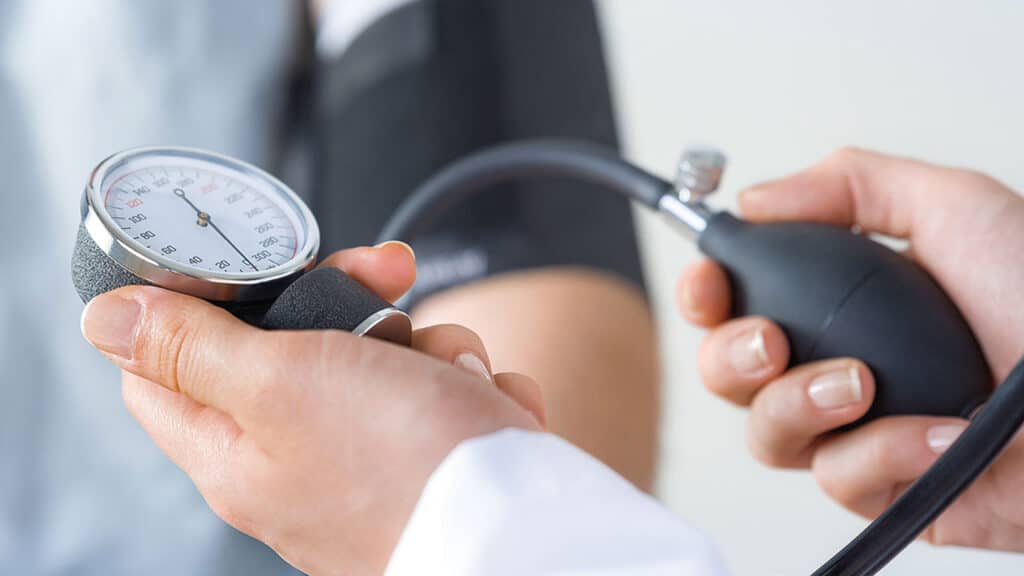If you have low blood pressure, you might not even know it. That’s not necessarily a problem, as low blood pressure isn’t always a bad thing. If it’s causing you to feel faint or dizzy, it can be problematic, but if you’re a very fit person, your blood pressure will be naturally low.
One factor that influences your blood pressure is your autonomic nervous system, which tells your organs what to do. It affects a lot of bodily processes that you don’t have conscious control over, like your heart rate and breathing. The brain takes in information from sensory input, then directs the body on how to respond (like your heart rate going up when you’re stressed).
Sometimes, a fault in the autonomic nervous system means messages between the brain, heart and blood vessels don’t always come through properly. Misunderstandings could lead to your heart trying to correct non-existent high blood pressure or otherwise wrongly believing that your blood pressure needs to drop, even if it’s at normal levels.
Damage to the autonomic nervous system can come from injury, which can be a side effect of surgery as well as a result of trauma to the head, neck or spine. There are also a range of neurological conditions that can contribute. Malfunction in the autonomic nervous system is known as dysautonomia.
People with diabetes are particularly at risk of autonomic neuropathy, one of the most prominent examples of dysautonomia that can cause low blood pressure, among other symptoms, including disturbed heart rate, stomach pains and incontinence.
Other neurological conditions, such as Parkinson’s disease, multiple system atrophy, some types of dementia, and multiple sclerosis may also be related. Autoimmune diseases like Guillain-Barré syndrome, certain genetic disorders, some infectious diseases such as HIV, and a range of other conditions can all also be involved. It’s a lengthy list.
With such a range of causes, there are a variety of potential treatments. Different medications can be targeted at different symptoms or underlying conditions, although for many people, there’s no complete cure. Management may include lifestyle changes related to factors like diet.
It may not look like much on its own, but low blood pressure can be connected to more serious diseases. As always, an awareness of your own body and health may be the best way to spot when something is wrong.




